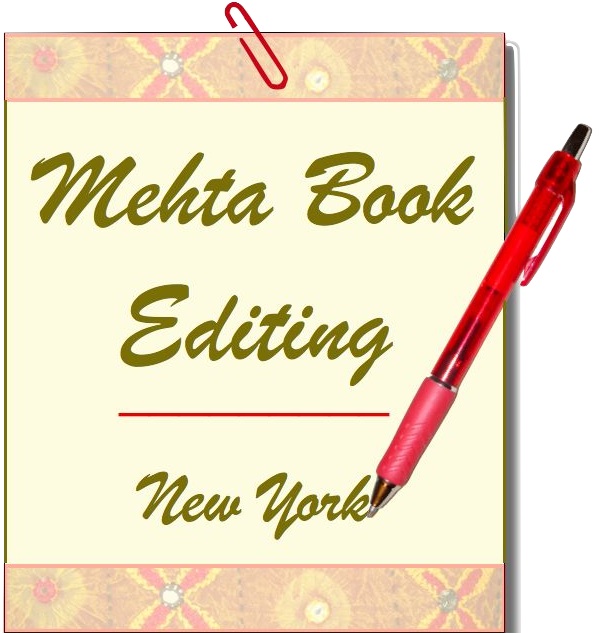Beyond Good Writing: Two Literary Agents Discuss What Matters Most
/Almost anyone who has spent time in the query trenches knows how challenging it is to capture the attention of a literary agent. Most agents, even new agents eager to build their client list, pass on over 90 percent of the queries they receive. In some cases, the reason is obvious: The agent doesn’t represent the writer’s genre; the writer has written a synopsis rather than a query letter; the agent isn’t accepting queries, at all.
The writer might be doing everything right—researching agents, following submission guidelines, querying only once they have a polished manuscript—but still experience radio silence. Or, maybe they are receiving requests for pages, or feedback from the agent along with the opportunity to resubmit, but an offer of representation just isn’t coming through. If the writing is good or at least shows potential—how else would they have come this far?—shouldn’t this be enough to land an agent? Does the writer’s professionalism count for something? I asked literary agents Linda Camacho and Jennifer March Soloway.
Read More





